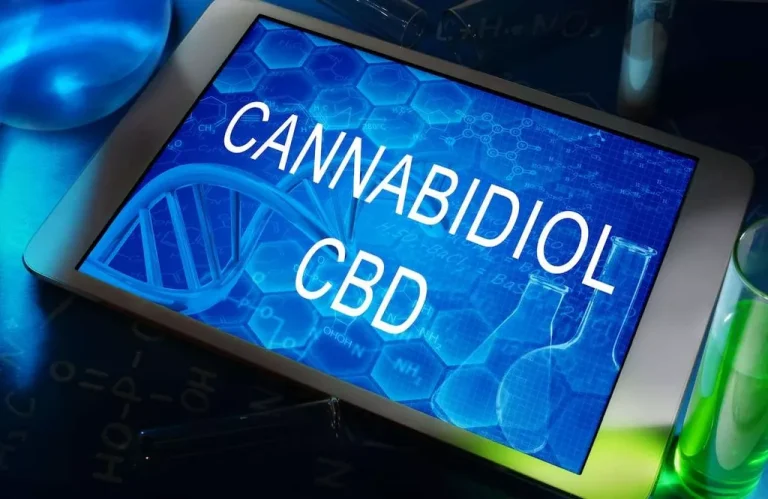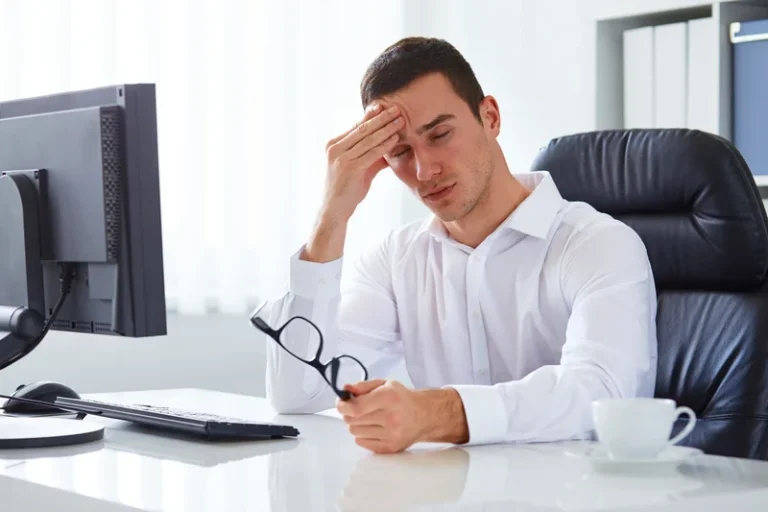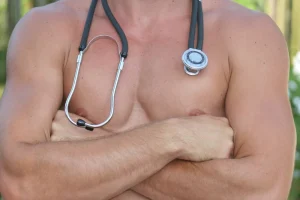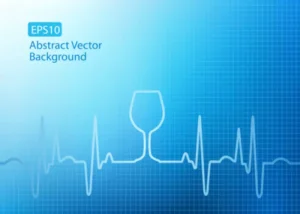
If you abruptly stop or decrease your intake of the substance, your body is once again thrown off balance and symptoms of withdrawal may result. Such symptoms are often both physical and mental, and can potentially be dangerous depending on the type of drug. Supportive therapies, such as intravenous fluids and electrolyte replacement, may be given to someone experiencing mild to moderate withdrawal symptoms.

Support groups for alcohol withdrawal
- If you are a daily drinker, a heavy drinker, or a frequent binge drinker, suddenly quitting will likely produce a wide range of uncomfortable symptoms.
- This is the period in which delirium tremens is most likely to occur, which requires immediate medical attention.
- That way, you can reduce your drinking safely and improve your health, well-being and overall quality of life.
- If you are concerned about your drinking, speak with your doctor.
- For this reason, you should always talk to your doctor before stopping or reducing your substance use.
It’s even helpful to read it out loud, as this has been shown to help you retain the information more effectively. Withdrawal symptoms are often the opposite of the effects of the substance. For example, alcohol is a depressant, so if you suddenly stop consuming alcohol, you might experience symptoms of overstimulation such as anxiety Cure for Alcohol Withdrawal Symptoms or restlessness. Your doctor will also be able to determine if the symptoms you are experiencing are due to withdrawal or if they are the result of another condition. While the physical symptoms of withdrawal might last only a few days or a week, the psychological withdrawal, such as depression or dysphoria, can last much longer.
- Others may be more susceptible to intoxication and DTs because of medications they take, health conditions and other factors.
- It is important to follow your healthcare provider’s recommendations regarding any prescription medications.
- These may include anti-anxiety medications, anticonvulsants, antipsychotics, or other drugs designed to treat nausea or sleep problems.
- More moderate to severe symptoms, which usually appear during peak withdrawal time of 24–72 hours after your last drink, may also include hallucinations and seizures.
How to Stop Alcohol Withdrawals
Alcohol treatment programs are important because they improve your chances of successfully staying off of alcohol. Only about 20 percent of alcoholics are able to abstain from alcohol permanently without the help of formal treatment or self-help programs such as Alcoholics Anonymous (AA). Of people who attend AA, 44 percent of those who remain free of alcohol for 1 year probably will remain abstinent for another year.
Who is at risk of alcohol withdrawal delirium
Alcohol use disorder is a pattern of alcohol use that involves problems controlling your drinking, being preoccupied with alcohol or continuing to use alcohol even when it causes problems. This disorder also involves having to drink more to get the same effect or having withdrawal symptoms when you rapidly decrease or stop drinking. Alcohol use disorder includes a level of drinking that's https://ecosoberhouse.com/ sometimes called alcoholism. Another alternative, especially if you have experienced severe withdrawal in the past, is to check yourself into a professional detoxification facility. You may have tried to quit drinking alcohol and discovered that the symptoms you experienced were more severe than you anticipated. Maybe you decided to go back to drinking just to relieve those symptoms.

Explore Treatment Options
- If you have an alcohol dependency, then you’ve likely been using alcohol for some time.
- In some cases, AWS can be a medical emergency and — if complications arise — potentially life threatening.
- Consider creating a visiting schedule so you are never alone during the first week of detox.
- You may want to take a family member or friend along, if possible.
Typically, most people who finish alcohol withdrawal make a full recovery. Still, certain symptoms may last for months while the brain and central nervous system recalibrate and recover from alcohol addiction, including insomnia, mood swings, and fatigue. Your healthcare provider will determine the right treatment plan for you.
How Long Does It Take to Detox From Alcohol?

Delirium Tremens
